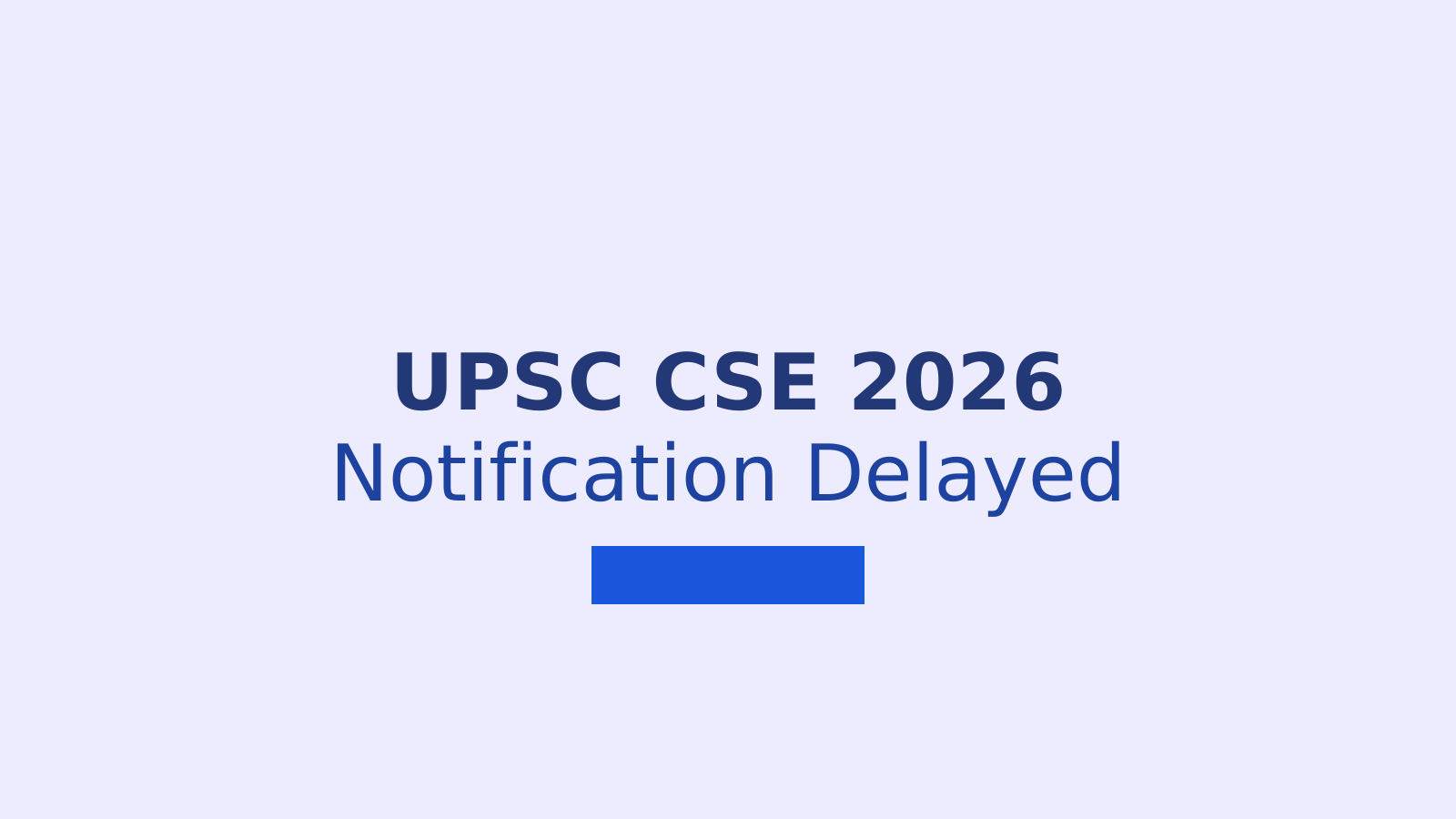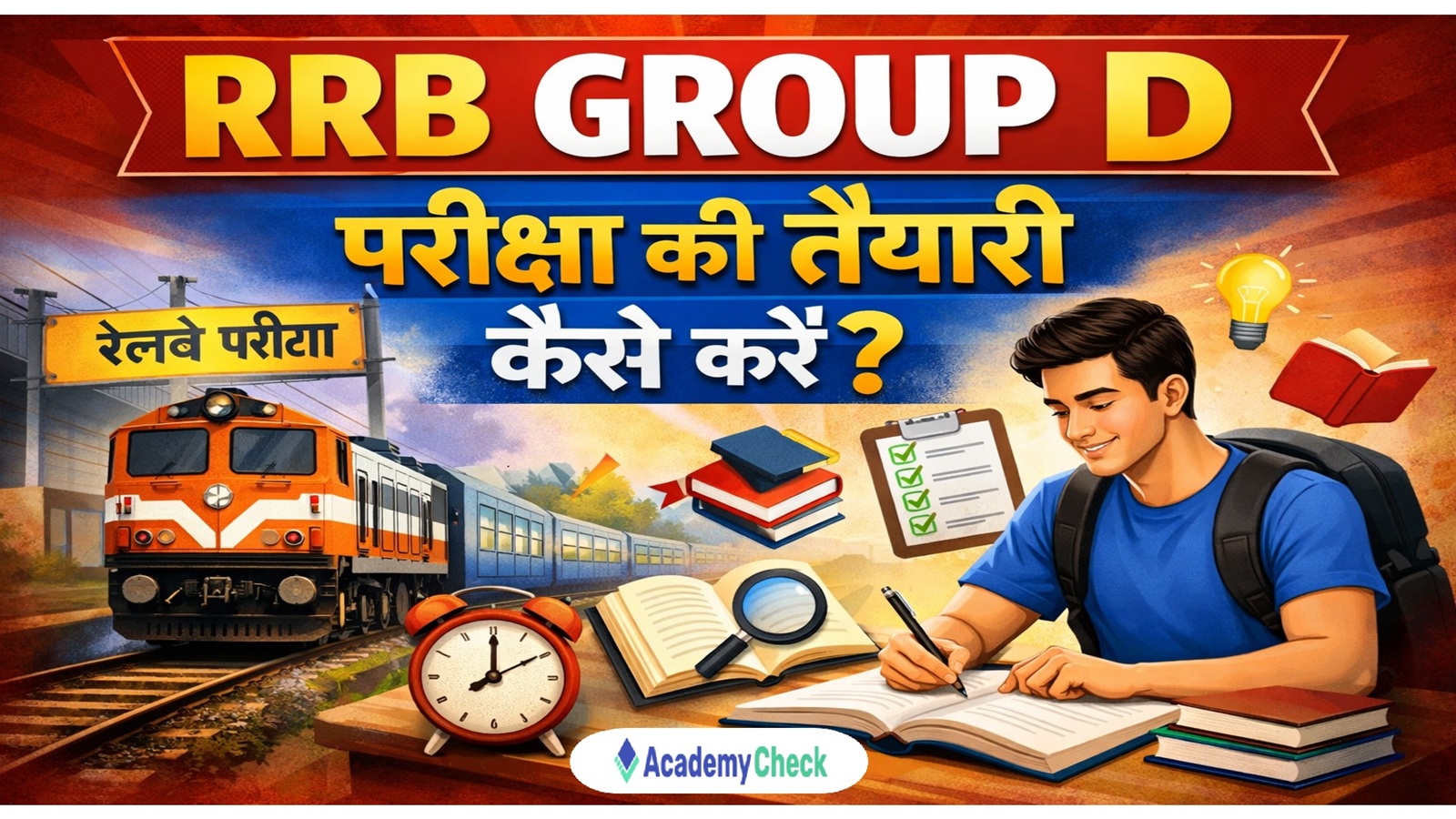What is UPSC?
The Union Public Service Commission (UPSC) is India's top central recruiting agency, established in 1926. It is responsible for conducting prestigious exams like the Civil Services Examination (CSE), which recruits candidates for the Indian Administrative Service (IAS), Indian Foreign Service (IFS), Indian Police Service (IPS), and other government services.
Kiran
-1726746495351546.jpg)
What is UPSC?
The Union Public Service Commission (UPSC) is India's top central recruiting agency, established in 1926. It is responsible for conducting prestigious exams like the Civil Services Examination (CSE), which recruits candidates for the Indian Administrative Service (IAS), Indian Foreign Service (IFS), Indian Police Service (IPS), and other government services. The UPSC ensures a fair and transparent selection process through its rigorous exams and interviews. The aim is to recruit individuals who are capable, ethical, and committed to public service. The UPSC exam plays a crucial role in shaping the civil services, which are the backbone of India’s governance and development.
What is the UPSC Exam?
The UPSC Civil Services Examination is one of India’s most competitive exams, conducted annually to recruit candidates for roles in the IAS, IPS, IFS, and other central services. The exam consists of three stages:
1. Preliminary Examination (Prelims): Objective-type questions.
2. Main Examination (Mains): Descriptive-type papers across a range of subjects.
3. Personality Test (Interview): Evaluates a candidate's suitability for a career in public service.
The entire selection process tests not only your knowledge but also your analytical skills and personality traits. Due to its complexity, preparing for the UPSC requires dedicated effort and guidance from a top coaching institute.
UPSC Exam: Syllabus & Pattern
Understanding the syllabus and exam pattern is vital for successful preparation. Here's an outline of the UPSC exam structure:
1. Preliminary Examination (Prelims)
- General Studies Paper I: Covers current affairs, history, geography, Indian polity, economy, environment, and science.
- General Studies Paper II (CSAT): Focuses on comprehension, reasoning, decision-making, and basic numeracy.
Both papers carry 200 marks each and are qualifying in nature, determining eligibility for the next stage but not contributing to the final score.
2. Main Examination (Mains)
- Descriptive Papers: A total of nine papers, out of which seven are considered for the final ranking. These include:
- Essay: 250 marks.
- General Studies Papers I-IV: Each paper carries 250 marks and covers topics like Indian culture, geography, governance, economics, security, and ethics.
- Optional Subject Papers I & II: Candidates choose one subject from the UPSC list, and each paper is of 250 marks.
The Mains examination is worth 1750 marks in total.
3. Personality Test (Interview)
- Objective: This final stage evaluates the candidate’s personality, leadership qualities, and general suitability for a career in civil services. It carries 275 marks, bringing the total possible score for the Mains and Interview to 2025.
UPSC Optional Subjects
The UPSC offers a wide range of optional subjects for the Mains exam, including:
- Agriculture
- Anthropology
- Economics
- Geography
- History
- Law
- Philosophy
- Political Science
- Sociology
- Zoology
- Engineering disciplines (Civil, Electrical, Mechanical)
Candidates can choose the subject that aligns with their academic background or interest.
Post Selection: Group ‘A’ and Group ‘B’ Services
After clearing the UPSC examination, candidates are recruited into various government services, divided into Group ‘A’ and Group ‘B’ categories. Some of the prominent Group ‘A’ services include:
- Indian Administrative Service (IAS)
- Indian Foreign Service (IFS)
- Indian Police Service (IPS)
- Indian Revenue Service (IRS)
Group ‘B’ services include roles like:
- Delhi, Andaman, and Nicobar Islands Civil Service (DANICS)
- Pondicherry Civil Service (PONDICS)
Choosing the Right IAS Coaching in your city-
When selecting the right IAS coaching institute, consider these key factors:
- Experienced Faculty: The quality and experience of faculty members are crucial in providing the right guidance.
- Comprehensive Course Structure: The curriculum should cover all aspects of the UPSC syllabus and exam pattern.
- Updated Study Materials: Ensure that the institute offers current and relevant study materials.
- Student Support: Look for institutes that offer personalized support, mentoring, and regular feedback.
These factors can significantly impact your preparation and increase your chances of success in the UPSC examination.
By providing this detailed insight, we hope you’ll find the right institute to boost your preparation and set you on the path to becoming a successful IAS officer.


-176839915705147.png)
